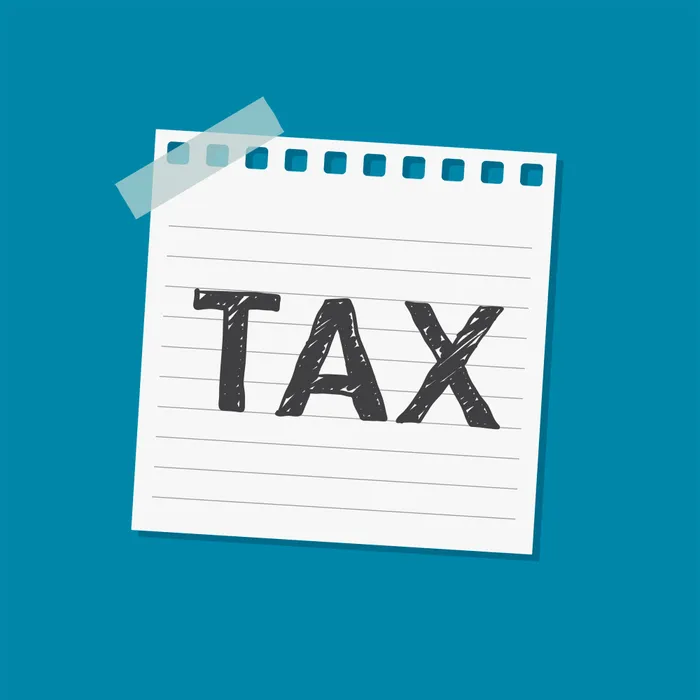
Tax Discover how to transform your Sars tax refund from a mere reimbursement into a strategic financial opportunity. Learn effective strategies for debt reduction, savings, and long-term investment.
Image: Freepik
Every meeting with your financial adviser is an opportunity to take control of your financial future. Whether you’re engaging for the first time or sitting down for an annual review, preparation is key. By knowing what to expect and what information to share, you’ll get far more value from the time you spend together, ensuring your plan remains aligned with your evolving goals.
What to expect in your initial meeting
Your first meeting with a financial adviser is commonly referred to as a discovery meeting, and it aims to help your adviser understand your full financial picture. To develop an appropriate and tailored financial plan, your adviser will typically ask questions covering the areas outlined below.
Personal and financial background
To help your adviser understand your situation comprehensively, you’ll need to share information about your personal circumstances, including your marital status and, if applicable, your marital regime. They will also ask about your employment status, income level, and any dependents you may have.
Your adviser will need to understand your current financial situation as well, including details of your major assets and liabilities, whether you have life, disability, or critical illness insurance policies in place, and whether your estate planning is up to date (for example, wills and trusts). Additional aspects that your adviser will typically enquire about will include any emergency fund that you may have in place, your monthly expenses, and whether you are anticipating any major changes in your income or expenses.
Financial goals
Clarify your objectives over different time horizons with your adviser and explain your short-, medium- and long-term financial goals. Make sure that you explain any specific milestones or timeframes you're working towards.
Investment experience and preferences
Think about the types of investments you have previously held and how comfortable you felt about each of them. Sharing these insights will help your adviser understand your investment experience and preferences.
Risk tolerance and investment purpose
Consider the level of risk you are comfortable with and explain whether you are investing primarily for capital growth, income generation, or capital preservation. This will help guide your investment strategy.
Time horizon
Your adviser will need to understand when you intend to start withdrawing funds and how long you can leave the investment untouched, as this will shape your investment approach.
Legal and tax considerations
To create a tax-efficient financial plan, your adviser will need to know about the countries in which you are a tax resident and understand whether you plan to relocate or change this status. Other important aspects in this category are your marginal tax rate, as well as details of any business entities, trusts, or legal structures involved in your financial affairs.
What to expect in your annual review
Once your financial plan is in place, you will typically meet with your adviser on an annual basis for a review. This annual review is a vital opportunity to check that everything still aligns with your financial goals, which may have evolved or shifted over the past year. This is the time to:
These annual reviews help to ensure that your financial strategy remains relevant and responsive, particularly during periods of life transition, economic change, or personal upheaval.
Make every meeting count
Each and every meeting with your financial adviser – from the initial discovery chat and onboarding session to your ongoing annual reviews – plays a role in helping you build and preserve wealth. By being open, honest, and prepared, you can ensure your financial strategy remains on track.
*Laubscher is the advice and product specialist at PSG Wealth.
PERSONAL FINANCE